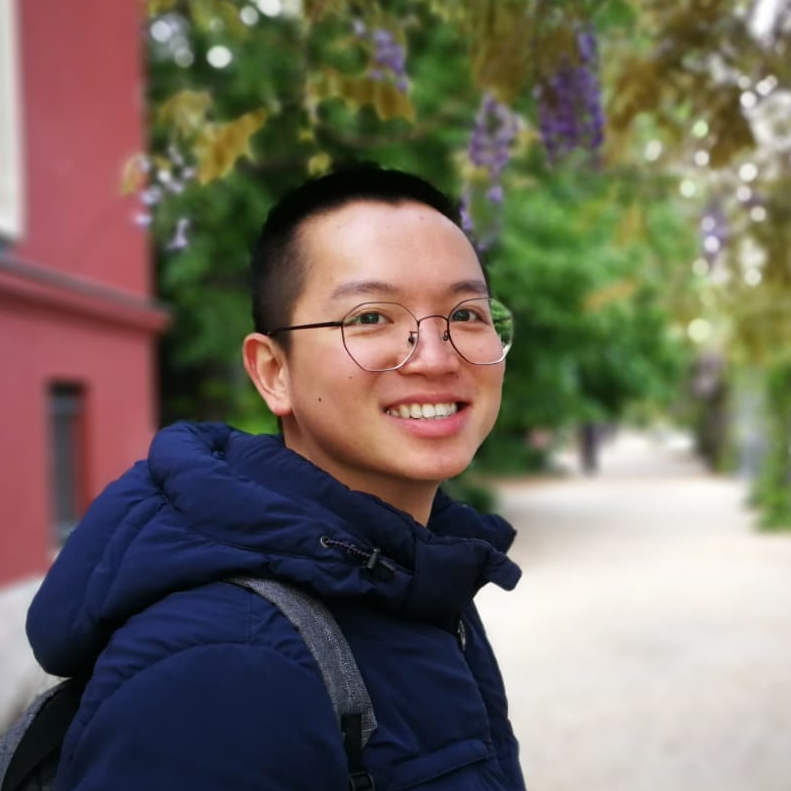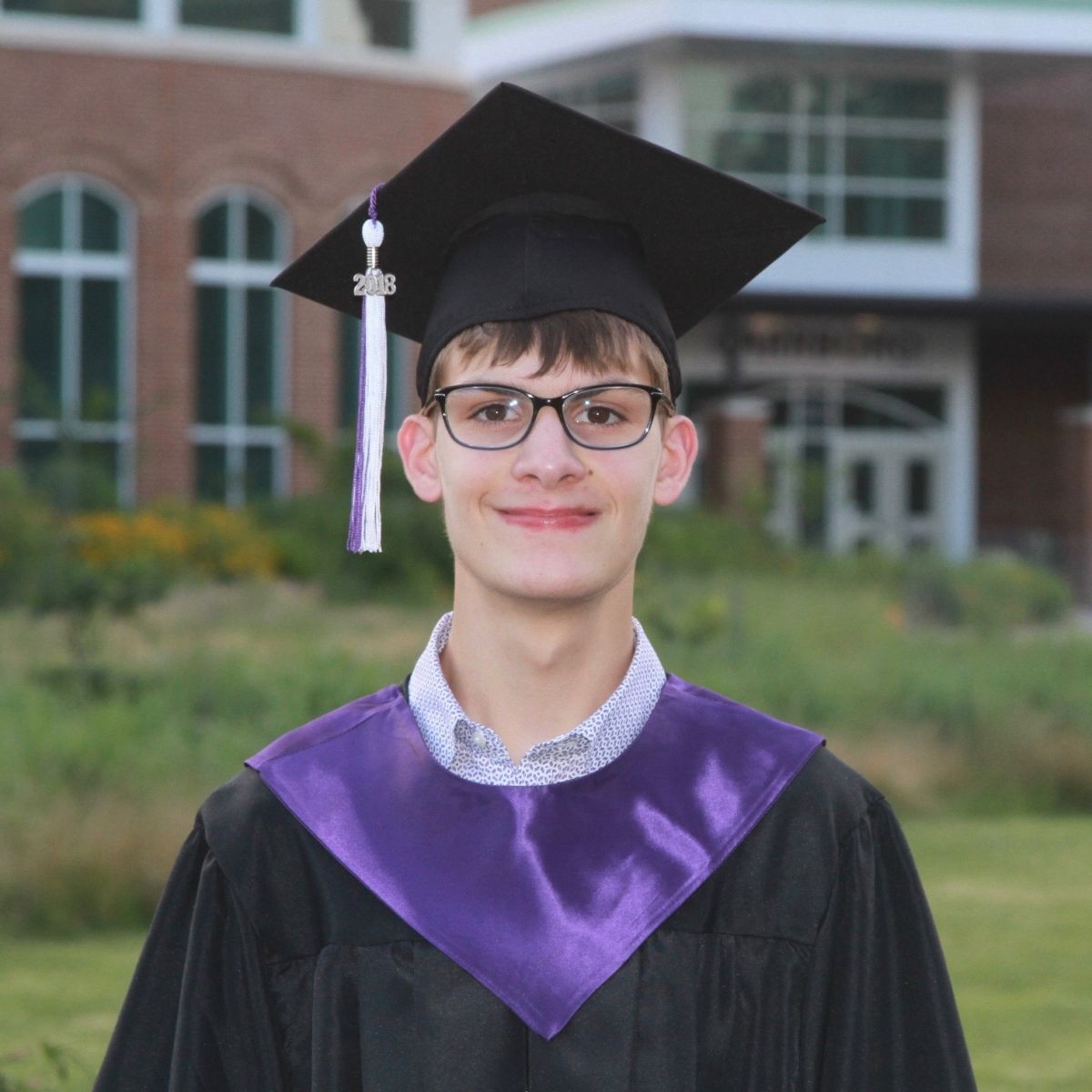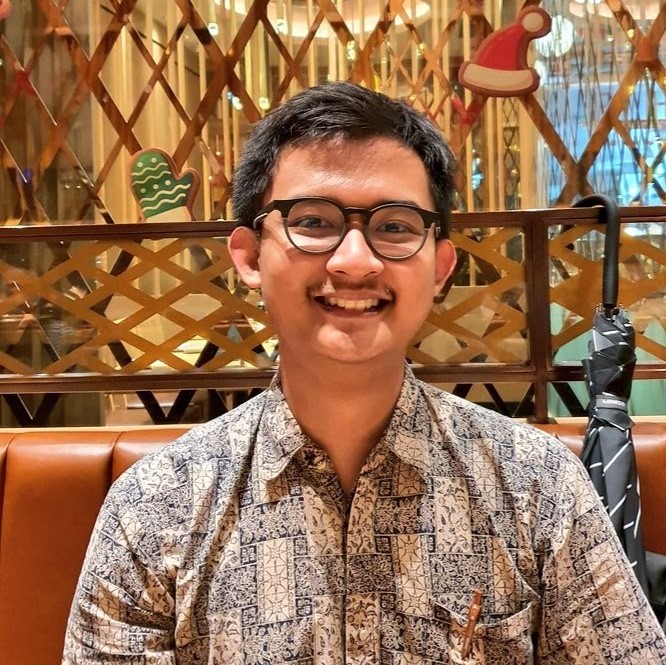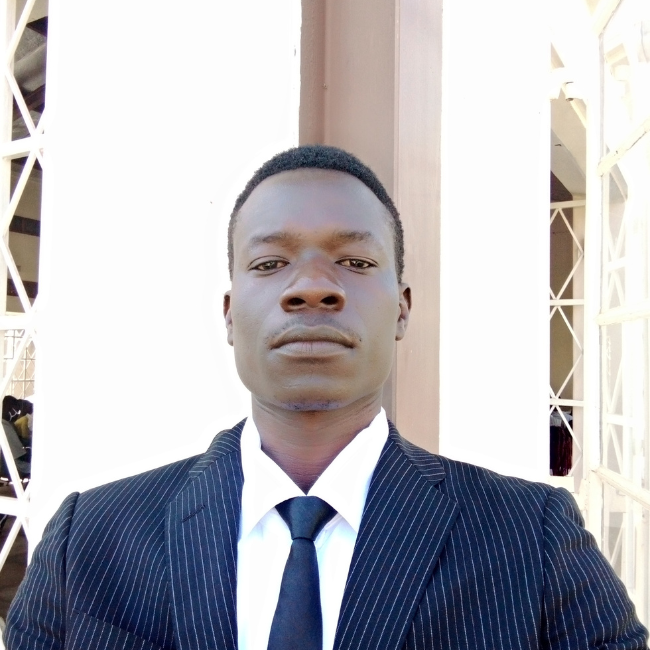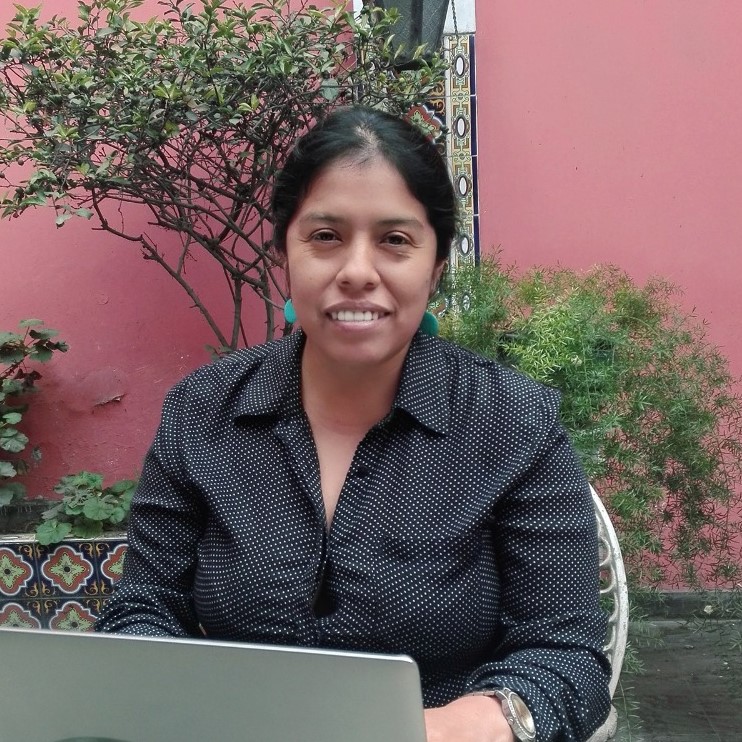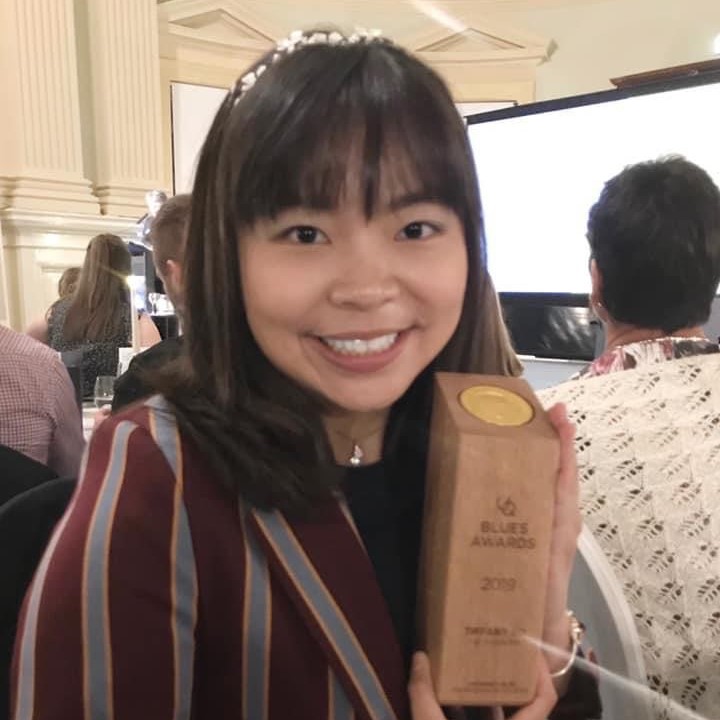How I Learned to Interact with The Unhoused and Those Seeking Financial Support
Education includes lessons learned from the people and how we see others are treated. Zhihao learned from unhoused and donation-seekers in Germany.
Germany, Western Europe
Story by Zhihao Zhong. Edited by Melaina Dyck
Published on November 26, 2021.
Reading time: 5 minutes
This story is also available in 

“It’s not a problem to not have money for me, but it is not nice to ignore me,” said a donation seeker when I was talking with them.[1] Just before we spoke, I had been talking with my friends. Because it is common practice in the societies my friends lived in prior to Berlin and because of language barriers, my friends did not engage further with this person who approached us.
This person asked me to look at the videos from their phone. It turns out they only wanted to share pictures and tell me and my friends about the birds living in the city. They wanted to collect financial support to protect the birds. I thought it was random but also nice to have a transient connection with someone who may not always have the attention they deserve.
In China, where I am from, people are generally discouraged from responding to people who seek financial support on the street, and my few attempts to help unfortunately ended up with some trouble and unpleasant doubts about myself. Some tried to extort money from me, and others seemed to exploit me by guilt-trapping. However, in the past two years living in Berlin, I have noticed that many people talk to those who sell newspapers on the train as a way to make money. I also noticed that people in Berlin would care for those who were unhoused residing on the street and those who sought donations at the train station. Some Berliners ask whether they could get some food for these people. Others would offer to call the ‘cold bus’ (Kältebus) that can take people to a warm shelter. Many people also choose to collect and donate clothes or just money.
I started to think a lot about such interactions with strangers. The first time I delved deeply into this was when I learned about homelessness when listening to a podcast for my German class. The podcast episode was an interview with a man who had recently moved to temporary public housing in Munich, Germany. The interviewee had moved to Munich because of work, but things did not work out with his partner because of the long-distance so they separated. He did not get along well with his colleagues and eventually lost his job. The rent in Munich was too high and he could not afford it after being laid off. That’s how he ended up living on the street.
His story was unfortunate and also very real. I reflected that his experiences could easily happen to anyone. We all could be put in that situation--moving away from loved ones, losing our relationships and our jobs. I think what makes a story end differently is whether a person has a cushion to fall back on if things do not turn out as expected. Some of us enjoy abundant resources that could support us when we are in need but that, unfortunately, is not the case for everyone.That podcast was a lesson for me to better understand people who ask for donations on the street and who are unhoused. It was a reminder of how we are all the same instead of ‘us and them.’
Before anyone raises this, I already am thinking about another voice: the people who will respond, “they don’t really need the money; they could work for it; this could even be their lucrative business…”
But, I ask, is it really worth risking not helping those in urgent need? If it were me on the street, would I want to be moralized for asking for help even though I was already experiencing hardship? We do not know the history of the person. How much would it hurt to give a small donation, or simply kind eye contact and perhaps a short conversation?
I know it is easier said than done. A while ago at the station near home, I saw a woman with a distorted face walking slowly with a crutch. Her clothes didn’t seem clean. I approached and asked whether she needed help and gave her a euro. She then talked more about things that my German was not advanced enough to understand and she began weeping. I could only tell her “that must be awful” and “I am sorry.” But I guessed that she just needed someone to listen and I hoped that she would also realize that people do care.
When someone approaches me on the street, I still struggle, silently reasoning with myself about whether I should help this time. I always wonder why I would find it difficult to step up and help. But, as I reflect on lessons from these encounters, I think that at least I could always try to understand or try to help.
[1] They/them pronouns are used because the person’s gender was not identified.
How does this story make you feel?
Follow-up
Do you have any questions after reading this story? Do you want to follow-up on what you've just read? Get in touch with our team to learn more! Send an email to [email protected].
Talk about this Story
Please enable cookies to view the comments powered by Disqus.
Subscribe to our Monthly Newsletter
Stay up to date with new stories on Correspondents of the World by subscribing to our monthly newsletter:
Tags
Topic: Education
> United States
College For All
A story by Keiron Dyck
4 min
I believe higher education programs are important for the disability community. Read more...
> Indonesia
When Your Country is a Case Study: Being an Indonesian Environmentalist at Yale
A story by Brurce Mecca
3 min English Audio available
My experience and knowledge, and the experiences of all minorities, matter, even when those perspectives feel insignificant because of all the extra effort to make people understand. Read more...
> Uganda
My Educational Story in Uganda
A story by Opio Lameck
4 min
Education is the way to go, but the route to success is not easy. My educational journey has shown me that achievement takes sacrifice, commitment, prayers and interpersonal relationships with both teachers and classmates. Read more...
Explore other Topics
Get involved
At Correspondents of the World, we want to contribute to a better understanding of one another in a world that seems to get smaller by the day - but somehow neglects to bring people closer together as well. We think that one of the most frequent reasons for misunderstanding and unnecessarily heated debates is that we don't really understand how each of us is affected differently by global issues.
Our aim is to change that with every personal story we share.
Community Worldwide
Correspondents of the World is not just this website, but also a great community of people from all over the world. While face-to-face meetings are difficult at the moment, our Facebook Community Group is THE place to be to meet other people invested in Correspondents of the World. We are currently running a series of online-tea talks to get to know each other better.











